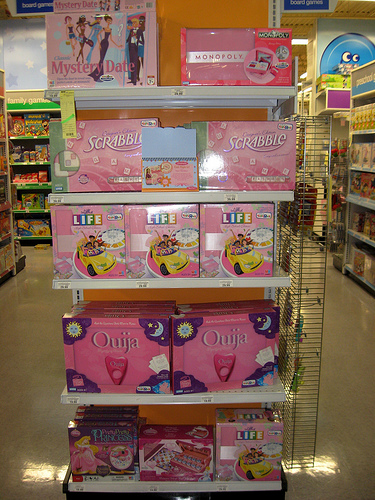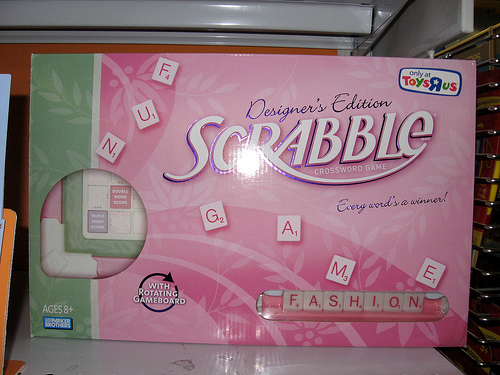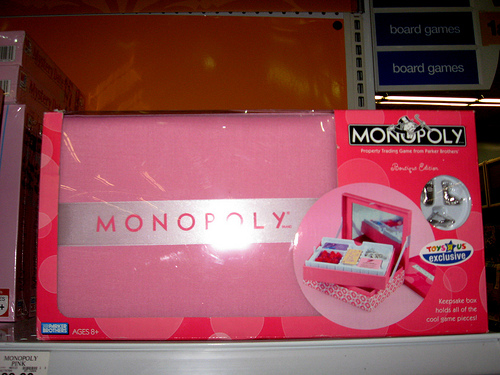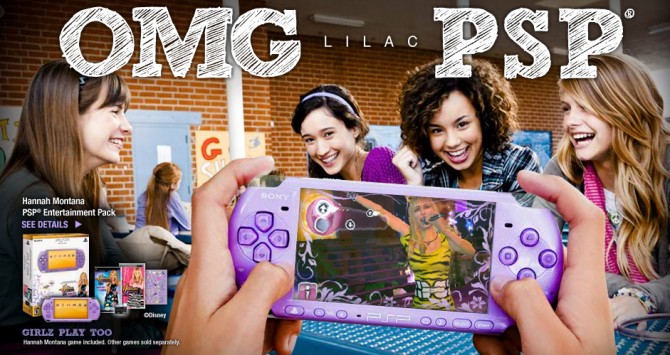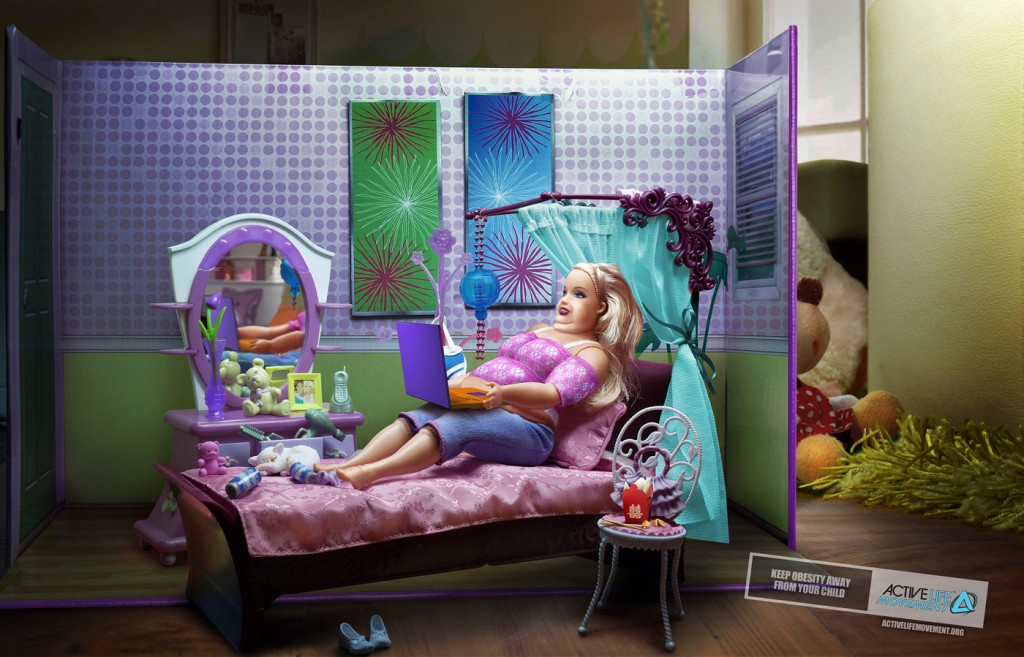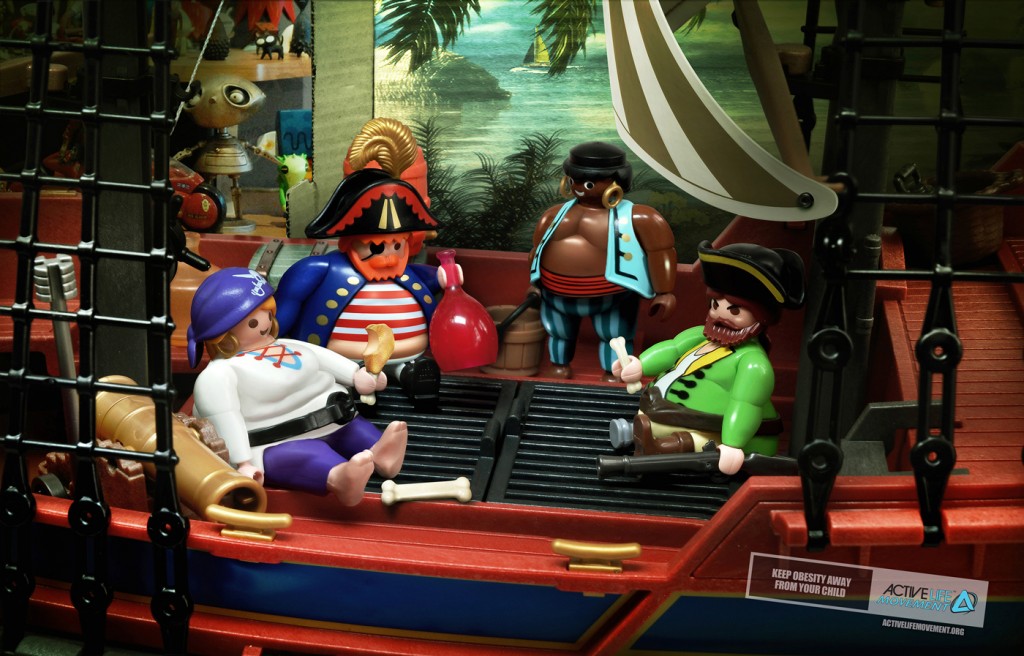NEWS:
During November we divvied up the massive gender tag into 18 sub-categories to make it easier to search for specific types of gender posts. For example, you can now browse all of our posts about masculinity by going to the “gender: masculinity” tag. We hope this makes it easier to navigate the site.
In other words, we worked our asses off for you over Thanksgiving break, so go browse a gender tag right now!
And, your monthly reminder: we’re on Facebook and Twitter, if that floats your boat.
FROM THE ARCHIVES:
Last November we posted an analysis of the negative reactions to female body builders’ bodies. It reveals the entitlement that many feel to be aesthetically pleased by women’s appearance.
And in November ’07 we featured an Orangina ad that Gwen says is “possibly the weirdest freakiest ad I have ever seen in my 34 years on this planet.” As reader Gis said in the comments:
AH! AH! AH! AH! WHAT?!?! AH! I can’t unsee this!
So, yeah, uh, check that out. You might want to watch it in high quality on a full screen. I’m just sayin’.
NEWLY ENRICHED POSTS (Look for what’s NEW! Nov ’09):
Remember that 1981 ad for Legos that everyone LOVED? I found three more examples of vintage ads that seem rather devoid of gender differentiation.
Just last month we added material to our post on racial and ethnic themed college parties. This month, we get to do it again. This time courtesy of a University of Delaware party at which white people dressed up as Mexicans (triggering and NSFW).
We added another example to our collection of vintage illustrations of the argument that black people are closely related to apes and monkeys.
Erin M. sent us an example of a sex toy for men being described as “shameful.” We added it to our post discussing how the use of sex toys by women and the use of sex toys by men are evaluated very differently (NSFW).
Tim McC. sent in a link to a Volvo concept car aimed specifically at women. We added it to our post on the Dodge La Femme. It’s really interesting to compare how cars were marketed to women in the 1950s and today.
Kristyn G. sent in another commercial where the idea that women are liberated by choice is used to market a product. This time, it’s an Indian cable company marketing itself by comparing itself to non-arranged marriage.
Jackie S. sent us a link to a satirical Onion news report illustrating how feminists might protest PETA. We added it an old post with an image of a PETA protest.
Dmitriy T.M. sent us another example of services being marketed as “wife” or “husband” services.
Jessica S. sent us a comedic skit for the Shii, a girls’ version of the Wii. We added it to our post on otherwise-gender-neutral-games gendered female.
We added a fourth commercial, this one for Target, to our post featuring commercials that depict women as just plain insane.
We added another vintage ad featuring the word “gay” as it used to be used.
Do you feel you have a truly special relationship with your cleaning products? If so, check out the Lysol commercial we added to our post about Sarah Haskins’s “Target: Women” segment on household cleaners marketed as women’s special, special friend.
We added another example of U.S.-based advertising that removes people of color when moved overseas. This time the product is the movie Couples Retreat.
We added a 1987 ad for Contra to one of our collections of sexism in the technology world.
Last month we posted about the Ralph Lauren ad featuring a woman photoshopped to be incredibly thin. We updated the post with a video about the model in the ad, who has now been fired for not fitting into some clothing.

